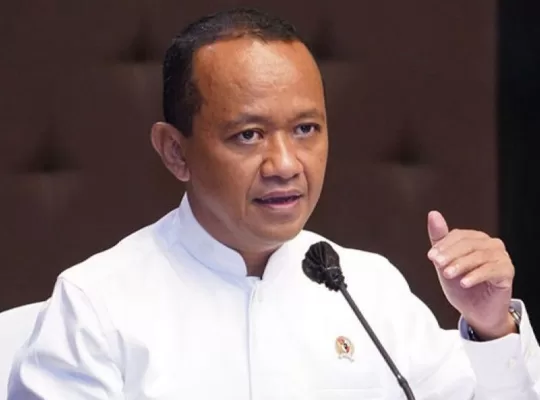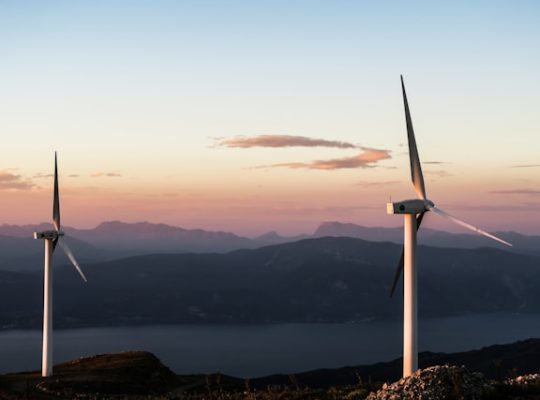In Bogor, Boby Wahyu Hernawan, who leads the Center for Climate Change Financing Policy at the Ministry of Finance, clarified why Indonesia has not transitioned from coal-fired power plants (PLTUs) to greener energy alternatives. Despite global moves towards environmentally friendly energy, coal still constitutes about 60% of Indonesia’s primary energy supplies due to its abundance and cost-effectiveness.
The Predominance of Coal
Coal is not only abundant but also cost-efficient, making it a mainstay in the country’s energy mix. “Our national energy sources prominently include coal. We can’t deny that coal makes up roughly 60% of our national energy, and given our plentiful natural resources, it remains an affordable option,” stated Boby during a media gathering.
Economic Contributions
Coal’s affordability is a significant driver of Indonesia’s economic growth. This cheap energy source is crucial for sustaining the nation’s economic development. As Boby pointed out, “Whether we like it or not, coal is a linchpin in our economic growth due to its low-cost nature.”
Commitment to Climate Goals
Looking towards Indonesia Gold 2045 — a vision for achieving developed nation status by 2045 — the government acknowledges the need to maintain economic momentum with affordable energy sources like coal. However, there is also a commitment to gradually integrate renewable energy as part of future plans. “We aspire to be a developed country by 2045, and maintaining economic growth with cost-effective energy from coal is essential. Nonetheless, we are dedicated to the climate change agenda,” Boby explained.
Transition Strategy
The transition towards sustainable energy won’t happen overnight. It starts with pilot projects and adopting frameworks, such as the ‘trilemma of energy’—balancing energy resilience, environmental sustainability, and affordability. Boby emphasized the importance of considering national security and the affordability of energy for the general populace.
Supporting the Energy Transition
On October 4, 2023, Finance Minister Sri Mulyani Indrawati signed a regulation to support fiscal efforts in hastening the energy transition within the electricity sector. The regulation outlines several strategies, including shortening the operation period of coal plants and initiating the Energy Transition Platform to facilitate a just and affordable shift to greener energy.
These measures align with the government’s broader energy policy, which aims to balance economic growth with environmental sustainability. Although the journey is challenging, these steps mark Indonesia’s committed path toward a steadier and greener energy future.


















